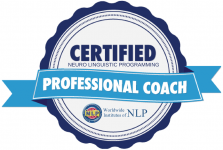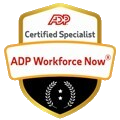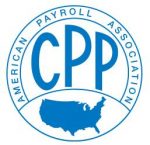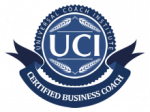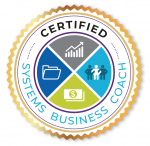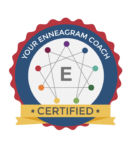Human Resources / Leadership Expert
Developing and leading initiatives across compensation, benefits, payroll, HR compliance, and management development, ensuring competitiveness while maintaining cost efficiency, engagement, and aligning with your long-term strategy.
I’m a versatile and well-versed senior-level Human Resources expert with more than 20 years of “boots-on-the-ground” experience.
My work developing HR programs, systems, and documentation once resulted in a 47% INCREASE in employee satisfaction in less than 8 months.
My work on HR and Administrative process improvements has resulted in an 83% increase in productivity and efficiency both in-house and with vendor partnerships.
I’ve implemented accountability-based discipline and training which reduced accidents and lost time, “sick” callouts, and produced 75% more completed projects within 8 months.
During my consulting career, I have been successful at eliminating sexual harassment claims, hostile work environment claims, retaliation claims, and wrongful termination claims. Increasing retention, revenues, and productivity as high as 96%.
Something I’m most proud of is my work with management teams to improve performance management, employee relations, engagement, and retention to improve an organization’s overall employee ratings from 2.9 to 4.7 out of 5 in less than 2 years.
What do I bring to the table?
• Creative problem solving/analysis.
• New solutions to old and continuing problems.
• Humility and accountability.
• Collective bargaining contract experience.
• Solid, empathetic leadership.
• Never-missed deadlines.
• Expert Payroll, Compensation, and Benefits Management
• Full recruiting life-cycle — creative approaches.
• Workers’ Compensation/OSHA safety savings
My management style is firm but compassionate.
- I hire people smarter than me.
- I expect people to be able to do the job they were hired for and encourage asking for help (that isn’t a weakness).
- I do not accept excuses for bad performance, dishonesty, blaming, bad behavior, or missed deadlines, using any negative moment as a teaching moment.
- I encourage giving kudos when they are deserved and constructive criticism when needed. (Kudos out loud, Criticize quietly)
- I am a proponent of continuing training, education, and job counseling at all levels of employment (top-down).
I believe my skills and accomplishments would be a great asset and help your organization excel in your master plan.
I’ve been consulting off and on for most of these past 20 years, and I feel it is time for me to find a “home” with a company that embraces change, new ideas, and a “what’s next” mindset.
I look forward to discussing how my knowledge, skills, and resources can add to your continued success.
If you’re tired of the status quo in your HR departments and want to try something new — we should talk.

